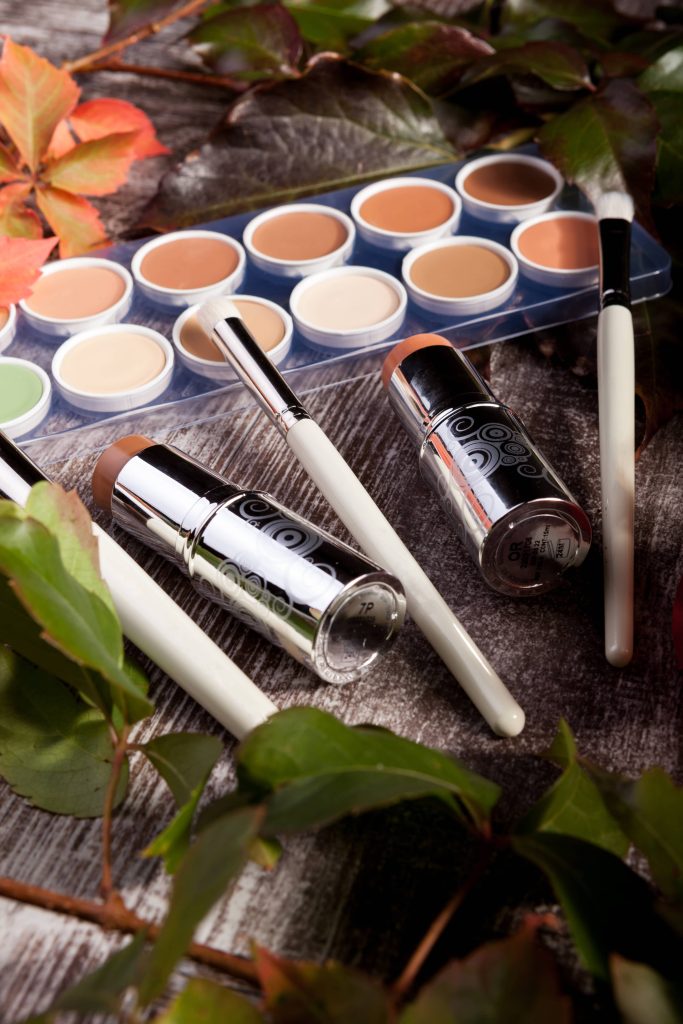
Navigating the world of skincare can be overwhelming, especially if you have sensitive skin. Sensitive skin can react to environmental factors, products, or stressors that wouldn’t affect other skin types. It can manifest as redness, itching, burning, or dryness. Understanding how to care for sensitive skin is paramount if you want to maintain its health and radiant appearance. In this blog post, we’ll break down some key tips to help you manage your sensitive skin effectively.
Understand Your Skin
Sensitive skin isn’t a one-size-fits-all condition. One of the first steps is understanding your specific triggers. These can range from environmental factors like pollution and weather changes to lifestyle and dietary choices. Keep a skincare journal to help identify patterns and potential irritants. Note the products you use, changes in your environment, and what your skin’s response is. With time, you may be able to pinpoint specific triggers and avoid them more effectively.
Simplify Your Routine
When it comes to skincare for sensitive skin, less is often more. A simplified skincare routine is less likely to irritate delicate skin. Start with the basics:
1. Gentle Cleanser: Use a mild, fragrance-free cleanser to remove impurities without stripping the skin of its natural oils. Avoid products with harsh detergents, alcohols, or strong fragrances, which can exacerbate sensitivity.
2. Moisturize: Keep your skin hydrated with a gentle, hypoallergenic moisturizer. Look for ingredients such as hyaluronic acid, ceramides, and aloe vera, which are known for their hydrating and soothing properties.
3. Sunscreen: Protecting your skin from UV rays is crucial, as sun exposure can trigger sensitivity. Choose a sunscreen formulated for sensitive skin, preferably containing physical blockers like zinc oxide or titanium dioxide rather than chemical filters.
Patch Test New Products
Before introducing a new product to your routine, perform a patch test. Apply a small amount of the product on an area of your skin (like behind the ear or on the inside of your forearm) and wait 24-48 hours. If no irritation occurs, it is likely safe to use on your face. This simple step can prevent potential flare-ups and reactions.
Read Ingredients Carefully
Understanding ingredient labels is crucial when you have sensitive skin. Avoid products with alcohol, artificial fragrances, and preservatives like parabens and formaldehyde-releasing agents. Instead, lean towards products with natural ingredients known for their soothing qualities. Chamomile, aloe vera, and calendula are excellent ingredients for calming irritated skin.
Mind the Temperature
The temperature of your skincare environment can impact your sensitive skin. Avoid using hot water to wash your face, as it can strip away natural oils and exacerbate dryness and irritation. Opt for lukewarm water instead. Additionally, protect your skin from cold weather, which can cause dryness and inflammation. A good, rich moisturizer can act as a barrier against harsh weather conditions.
Hydrate and Nourish from Within
The state of your skin is often a reflection of your overall health. Ensuring you are well-hydrated and eating a balanced diet can greatly influence the condition of your skin. Aim to drink at least eight glasses of water a day and consume foods rich in omega-3 fatty acids, antioxidants, and vitamins A, C, and E, which can promote healthy skin.
Limit Exfoliation
Exfoliation can help remove dead skin cells, but for sensitive skin, it’s crucial to proceed with caution. Opt for mild, enzyme-based exfoliants rather than physical scrubs or high-concentration chemical exfoliants, as they can be too harsh. Limit exfoliation to once a week and monitor your skin’s reaction closely.
Manage Stress
Stress can have a profound impact on your skin’s sensitivity. Practices like yoga, meditation, and deep breathing can help manage stress levels, potentially reducing the incidence of flare-ups. Finding time to relax and unwind is essential for both your mental and skin health.
Consult a Dermatologist
Sometimes, despite all efforts, sensitive skin needs professional help. Dermatologists can provide personalized advice and may recommend treatments or products specifically tailored for your skin type. Don’t hesitate to book an appointment if your skin is persistently problematic.
Protective Measures
Be mindful of materials that come into contact with your skin daily, like pillowcases, clothing, and face masks. Opt for soft, breathable fabrics like cotton, and wash them with gentle, fragrance-free detergents to minimize irritation.
Conclusion
Caring for sensitive skin requires patience and diligence, but with the right approach, it is entirely manageable. Remember to keep your skincare routine simple, be cautious with new products, and protect your skin against environmental aggressors. What’s most important is finding what works for you and sticking with it. Your sensitive skin can thrive with the right care and attention. By following these tips, you’ll be on your way to healthier, happier skin.



